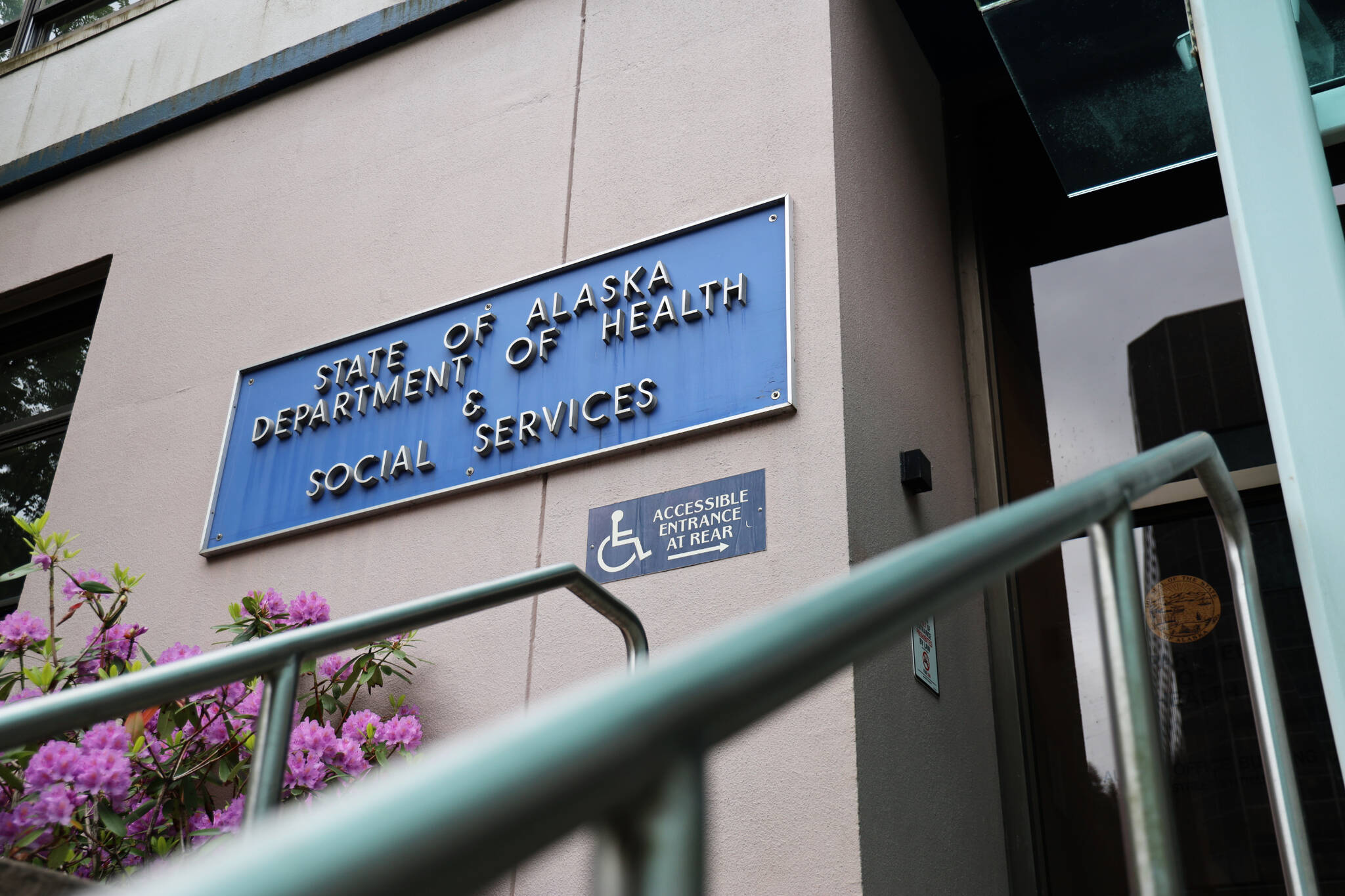Reported cases of infants born in Alaska with congenital syphilis have dramatically increased over the past four years, a bulletin released by the Alaska Department of Health reported earlier this week.
Congenital syphilis is a disease that can occur when a baby is born to a mother who is infected with syphilis, a bacterial infection most commonly spread by sexual contact. If an infant is born with the disease it can cause major health impacts, life-threatening symptoms and can be fatal in some cases, according to the Centers for Disease Control and Prevention.
The bulletin released Tuesday identified 26 cases of congenital syphilis reported in Alaska between 2018 and 2022, with 25 of them occurring within the last three years.
According to Joe McLaughlin, state epidemiologist and chief of the Alaska Section of Epidemiology, Alaska’s increase in congenital syphilis cases in recent years mirrors a similar trend of increased rates of syphilis cases of adults in Alaska.
He said congenital syphilis and its spread is preventable and treatable if caught during pregnancy. However, the bulletin suggests that’s not happening.
“Syphilis can be a very severe disease that can result in neurological impairment and it can actually lead to death in people if it’s untreated — and congenital syphilis is one of the saddest outcomes of syphilis infection,” he said.
In a previous bulletin released in December of 2022, syphilis cases in Alaska increased dramatically in 2021 with a recorded 447 cases, equating to a 24% increase over the 2020 amount. Of those cases reported, five of the cases were recorded as congenital.
According to the CDC, the rise in syphilis and congenital syphilis is a national trend. CDC data suggests congenital syphilis cases across the country have more than tripled in recent years, with more than 2,000 cases reported in 2021 alone — the highest number annually reported since 1994.
McLaughlin agrees.
“We are seeing increases in congenital syphilis around the country and that coincides with an increase in syphilis cases across the country — Alaska is not alone,” he said.
According to the bulletin, of the mothers who gave birth to the infants infected, 85% were Anchorage residents.
McLaughlin said that high of a percentage isn’t unusual since unlike chlamydia and gonorrhea, where higher rates typically manifest in rural areas — high syphilis rates are predominantly found in urban areas.
“Almost 90% of Alaska’s reported syphilis cases during 2021 occurred in urban areas — and this is true across the country — and by and large we are seeing more cases of syphilis in our more densely populated urban area,” he said.
The bulletin also stated that 69% of the mothers reported controlled substance use within months of the case being reported and 42% of mothers experienced homelessness or unstable housing during that period as well.
McLaughlin said that also matches trends occurring right now that contribute to the epidemic’s rapid growth in recent years.
“One of the big challenges among people who are experiencing homelessness or unstable housing is if you’ve got a pregnant person, oftentimes, they won’t even go in for prenatal care because of cost barriers or other barriers — and that prenatal care is so important for screening for syphilis,” he said.
He said the spike in congenital syphilis in children matches the increased trend of women in heterosexual relationships contracting the infection, while in previous years a large portion of the syphilis cases identified in Alaska was among men who have sex with other men.
“A lot more women are getting it and primarily it’s women of childbearing age,” he said.
McLaughlin said the increase goes beyond singular trends, though, and is a multifactorial problem. He outlined factors such as the increasingly widespread availability of dating apps, the stigma of STIs, lack of affordable health care options, reduced use of protection during sex and increased substance use.
“What we really want to do is get the word out to health care providers and to the general public — especially those people who are at highest risk for syphilis,” he said.
• Contact reporter Clarise Larson at clarise.larson@juneauempire.com or (651)-528-1807.

